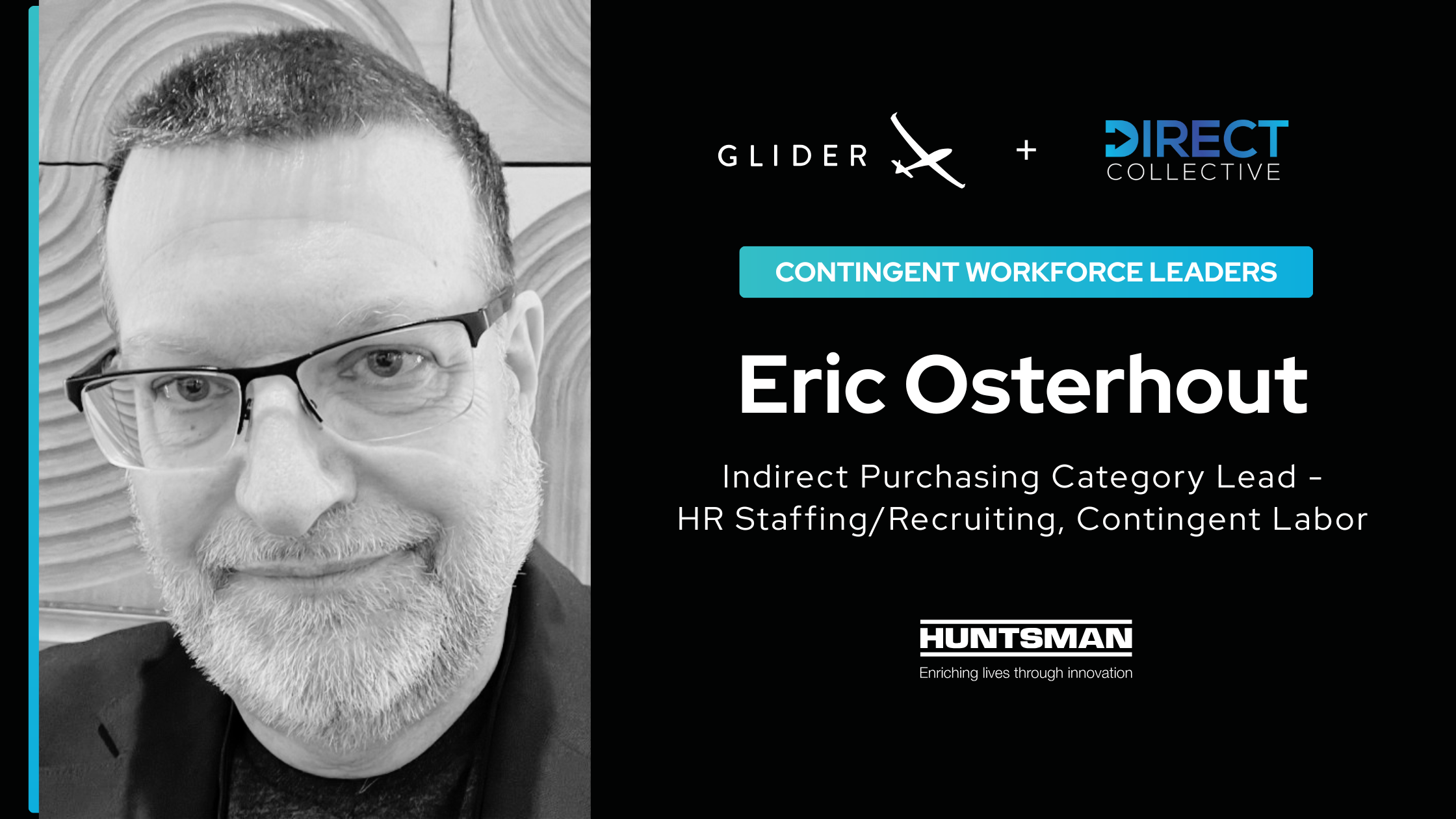
Make talent quality your leading analytic with skills-based hiring solution.

Gone are the days when geographical limitations restricted talent pools. Virtual interviews allow companies of all sizes to connect qualified candidates with remote job opportunities like never before.
In fact, 82% of employers now use online interviews, and the virtual interview software industry is set to reach $1.786 billion by 2030 (growing by 26.8% annually).
Understanding the nuances of this format is essential for recruiters aiming to optimize their hiring process and job applicants who want to make a standout impression. In this blog, we touch on:
A virtual interview utilizes video conferencing tools to facilitate a job interview online. This format emphasizes the importance of a stable internet connection, clear audio and video, robust virtual interview software, and the ability to interpret non-verbal cues in a digital environment.
Whether you’re a recruiter, hiring manager, or candidate, you need a blend of preparation, technology, and interpersonal skills to excel in virtual interviews.
Here are some general virtual interview preparation tips for all participants:
As a recruiter, it’s your job to identify and engage top talent. Here are some recruiter-specific virtual interview tips for a smooth and effective selection process:
Choosing the right type of virtual interview is crucial. Real-time conversations are essential to gauge interaction skills if you’re filling a sales position. For roles where technical expertise outweighs verbal communication, consider asynchronous interviews that let you incorporate specific skill assessments.
When selecting virtual interview software, look beyond common tools like Zoom and Skype. What you need is a platform specifically optimized for recruitment.
Look for features such as auto transcription, AI-generated interview questions, and seamless integration with your ATS. A good platform also helps you enhance objectivity by employing advanced DEI strategies to minimize bias, helping you foster a more diverse, equitable, and inclusive workplace.
Glider’s virtual interview software has all these features and more. Automating routine tasks such as coordinating schedules and gathering feedback reduces time-to-hire by 50%. Schedule a demo to see it in action.
Whether sharing your screen or asking the candidate to present, your ability to navigate the software confidently speaks volumes about your professionalism and helps you make a great first impression.
Email your candidates before the scheduled online interview. Communicate clearly about the interview logistics, including the platform to be used and any necessary downloads. Providing this information and a backup contact method helps all parties prepare.
Remember that you’re assessing candidates for their skills—not their housekeeping. Ignore any personal items or distractions in their background, focusing solely on their competencies and how they fit the role.
Candidates appreciate a well-prepared interviewer. Plan out a set of competency-based questions tailored to the role so you can lead the conversation effectively instead of relying on improvised questions that may only partially assess the candidate’s fit for the position.
Develop a real-time scoring matrix to evaluate candidates (especially across multiple interviewers) objectively. Scoring answers in real-time results in more accurate assessments and helps mitigate bias. A uniform approach also simplifies the evaluation process and ensures that you can compare candidates fairly.
Hiring managers should adopt the same strategies mentioned for recruiters but focus on evaluating cultural fit and how a candidate might integrate with team dynamics (especially in a remote work environment). Here are additional tips to help you select well-matched candidates and streamline the virtual hiring process:
If there are discrepancies between the job advertisement and the current working conditions (such as if the role has moved to remote work), clarify these during the interview. Sharing such details builds trust and gives candidates a clearer picture of what to expect.
Without a physical office tour, conveying your company culture in the best light becomes even more critical. Describe the office atmosphere, explain the company’s core values, and share anecdotes from essential events (like fundraisers or team-building activities). This helps candidates gauge if they’re a good fit for the environment you’re offering.
Soliciting feedback on the virtual interview process from candidates can provide valuable insights into what works well and what might need adjustment. This enhances the interview experience for future candidates and demonstrates to current candidates that their opinions are valued, potentially increasing their engagement and interest in the position.
Conclude every virtual interview by clearly outlining the next steps in the hiring process — waiting for a follow-up call, submitting additional documents, or contacting a specific person upon hiring. Providing clear instructions helps manage candidates’ expectations. Always offer to answer any questions they might have, ensuring they leave the interview with a clear understanding of what comes next.
Aside from the general recommendations mentioned above, candidates can also benefit from the following virtual interview tips:
Treat the virtual interview with the same seriousness as an in-person one. This means conducting thorough research on the company and the role, preparing answers to common interview questions, and thinking of questions to ask the interviewer. Show your enthusiasm and readiness for the position. You aim to demonstrate that you’re exactly who the interviewer is looking for.
Just as you wouldn’t arrive at a physical location at the last minute, you shouldn’t log into a virtual interview at the exact start time. Prepare your computer at least 15 minutes in advance. Close unnecessary programs and tabs. If you plan to share your screen (such as to present a portfolio), have it ready and easily accessible.
In online interviews, interrupting can accidentally mute the other person’s microphone. Allow a brief pause after you think the interviewer has finished speaking before you respond to avoid seeming rude.
To prevent awkward pauses, indicate when you’ve concluded your response. This can be a visual cue (like a nod) or a verbal signal that wraps up your answer neatly. It helps the interviewer understand when it’s their turn to speak.
The best way to connect with your interviewer is by treating the interview as a genuine conversation. Strive to build rapport as you would in any professional interaction by being friendly and authentic. Engage in the dialogue beyond just answering questions — comment on responses and integrate your follow-up questions throughout the interview to create a natural flow of conversation.
Each stage of the virtual interview process requires a distinct focus to assess candidates effectively. Here are some tips for both recruiters and hiring managers:
How can I prepare for a virtual interview as a recruiter?
Dress professionally, double-check your technology, select a quiet and well-lit interview space, and turn off notifications to eliminate distractions.
What should I do if there are technical issues during the interview?
Stay calm and offer to switch platforms or suggest rescheduling. Use alternative communication methods if needed. Keep the candidate updated on your efforts to fix the issue.
As an interviewer, how can I make a lasting impression in a virtual interview?
Greet the candidate warmly. Listen closely and maintain eye contact with the camera. Use verbal affirmations to show engagement and provide positive feedback.

Why Total Talent Management Fails Without a Skills First Strategy When you consider all the disruptive forces reshaping work—from AI in recruiting to the impact of tariffs on the global economy—bold thinking isn’t optional. It’s essential. And, Allen Chilson is the Contingent Workforce trailblazer helping Danaher Corporation navigate that uncertainty. Serving as the Director of […]

AI-Powered Total Talent Management for Contingent Worker Success With over a decade of experience managing global contingent worker programs, Natalie Javid brings a wealth of knowledge from her work at tech giants like ServiceNow, Airbnb, and her current role as Head of Global Contingent Workforce at Snowflake. Speaking at ProcureCon 2025, Natalie shared insights on […]

Revolutionizing Future Trends with AI in Contingent Workforce Management The Human Touch in an AI-Driven Industry Eric Osterhout brings almost two decades of experience to the contingent workforce management space, currently serving as a Program Leader and Buyer for Contingent Labour at Huntsman Corp. With 17 years on the buyer side and 10 years previously […]